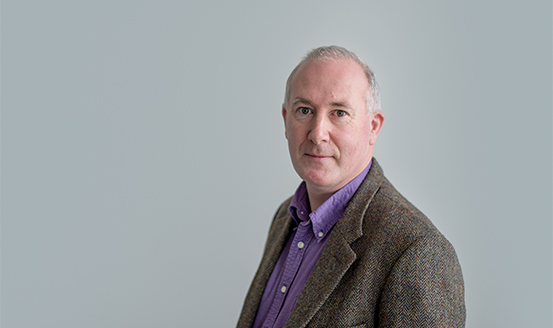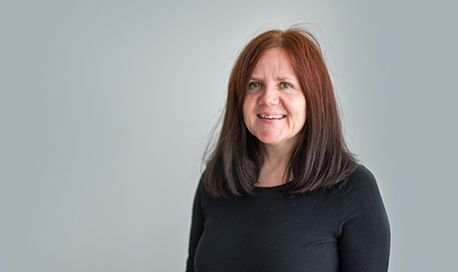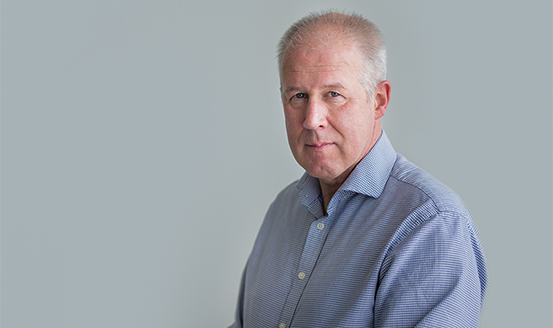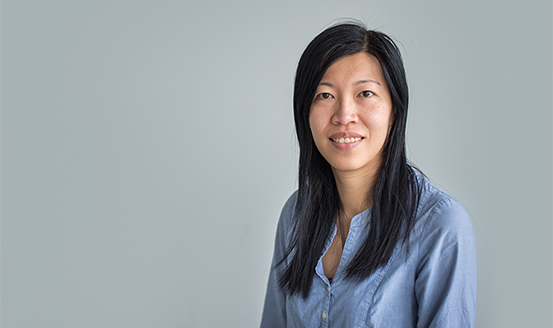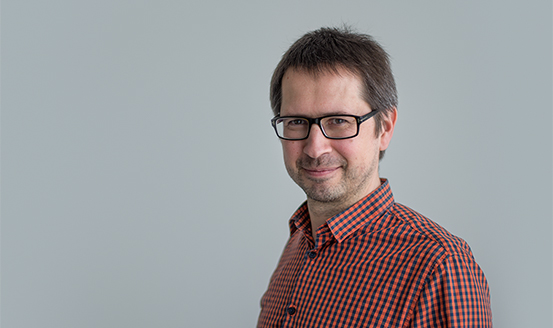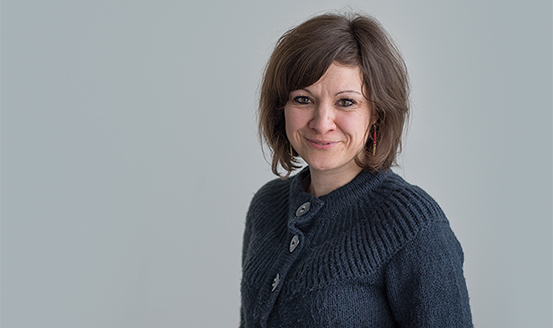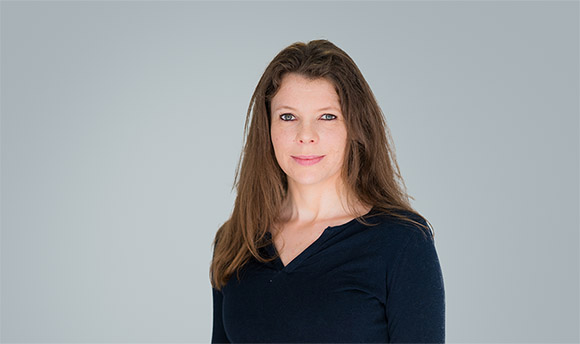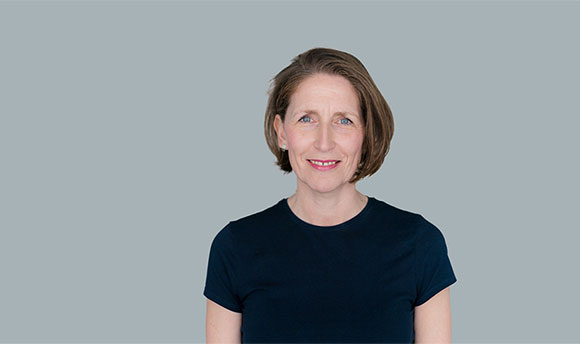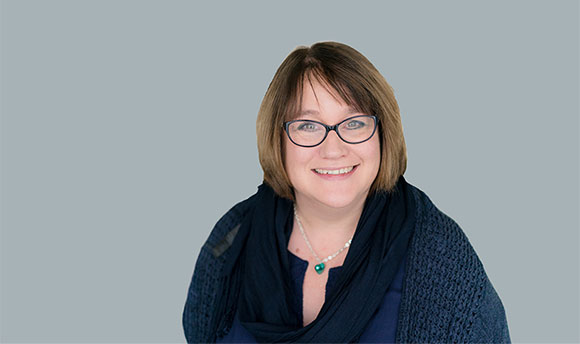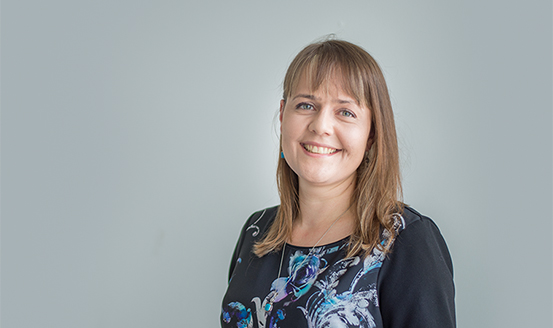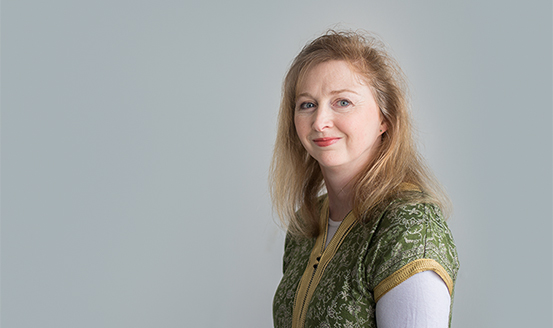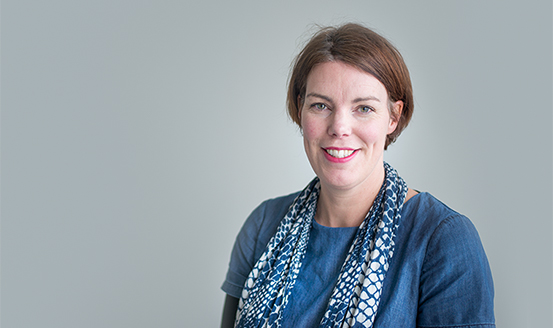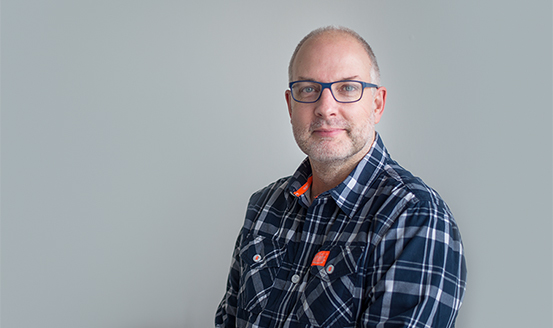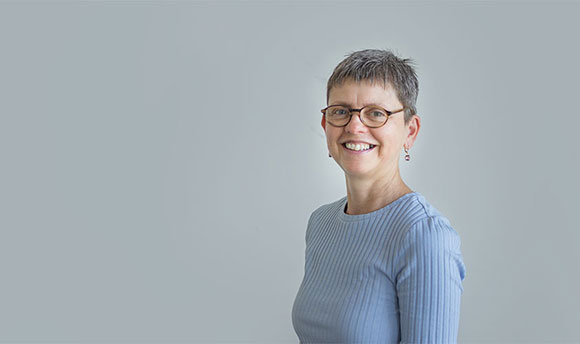
Clinical Audiology, Speech and Language Research Centre
An untreated communication disorder at any stage in life can cause devastating and isolating effects on the well-being of an individual, affecting their family and social relationships, educational potential, career, and even their sense of self-worth.
In the Clinical Audiology, Speech and Language Research Centre (CASL) we explore speech, language and hearing by undertaking empirical and theoretical research into the rich and complex patterns of social, physiological and developmental variation that exist in typical language, and by developing new treatments for the Speech and Language Therapists and Audiologists of the future. Ultimately, the work of the Centre aims to improve the lives of both children and adults locally, nationally and internationally.
Our Research
Our core remit is the study of clinical communication disorders, yet our research strategy crucially draws on and contributes to a far wider range of topics. In our work in theoretical linguistics, for example, we have focused on the fields of phonetics and phonology, cross-cutting with a dimension of individual variation, particularly in language acquisition and in sociolinguistics.
• Our methodological research focuses on the development of new and enhanced instrumentation, analytic techniques and experimental methods for the collection, measurement and analysis of speech articulation, speech sounds, and the vocal-tract.
• Our applied research focuses on the diagnosis, treatment and modelling of speech, language and hearing disorders, with particular interests around the effective use of visual biofeedback in therapy and the role of genetic, social and educational factors in linguistic deficits.
• Our theoretical research (in addition to speech production processes and linguistic phonetic theory) covers the areas of speech disorder, child language acquisition, sociolinguistics, individual variation, psycholinguistics, and phonology.
Our research is multidisciplinary, and contributes to a range of traditional academic disciplines concerned with language, communication and their impairment. Blue-skies and applied research projects have therefore been funded by the Arts and Humanities, Engineering and Physical Sciences, Economic and Social, and Medical Research Councils.
We have also had research and impact-related projects funded by the Scottish Government’s Chief Scientist Office, by the Carnegie Trust for the Universities of Scotland, and by a variety of charities with interests in clinical issues.
We also benefit greatly from post-doctoral researchers and doctoral students who have chosen to acquire new, cutting edge skills in our laboratory, working with our world leading research team. These collaborations are funded by such bodies as the EU, the British Academy, and the Economic and Social Research Council (ESRC).
Our Impact
Our research is intended to be useful and relevant to those who can benefit from it.
For example:
• people with a variety of clinical communication disorders and needs
• speech and language therapists and audiologists
• academics and students across the world
• members of the public interested in speech and language variation
In order for our research to have a positive impact on these groups, we established an on-site Articulatory Research Clinic and offer collaboration, training and joint projects in partnership with NHS colleagues.
To help educate the next generation of therapists, CASL has developed teaching websites featuring recordings of all the speech sounds which humans can create. QMU has been a key partner for creating the Seeing Speech and Dynamic Dialects websites. Clinical data from our Articulatory Research Clinic also provides a unique resource for student and clinician training.
The Centre has a positive commercial impact, both within the UK and internationally, through its partnership with Articulate Instruments Ltd. The company, led by Professor Alan Wrench, supports QMU’s research vision by inventing speech instruments, and developing and supporting software for speech analysis and visual biofeedback therapy.
Another crucial element to CASL is our relationship with spin-out companies.
- Articulate Instruments Ltd invents, designs and supports the development of instrumental technologies which help improve diagnosis and treat speech disorders in children and adults. Their world-leading products are also used in over 150 phonetics laboratories for research.
- Fitvoice CIC offers a technology-enabled, smartphone-assisted voice care service for occupational voice users who rely on their voice for their work, e.g. teachers, lecturers, actors or fitness instructors. Fitvoice also are developing The Voice Distillery, to provide services for voiceover artists and the industries who commission their work.
Research Projects
Postgraduate Study
World-leading research (REF14) is a goal in itself, but it also supports UG and PG programmes, creating teaching tools and providing opportunities for student participation.
Our research students write theses and often publish their results in key journals. Recent doctoral research has examined speech articulation, bilingualism and perception, clinical intervention using ultrasound visual biofeedback, young offenders' perceptions of their communication needs. Our impact strategy supports in-house and in-the-field clinical intervention, public engagement, commercial and community spin-outs, as well as collaborations.
Many alumni are active in research or use their research skills to inform their practice or enhance their professions.
Useful Links:
Graduate School for doctoral research
eTHESES for recent PhD and Professional Doctorate dissertations
Postgraduate taught study & clinical qualifications
eTHESES for recent MSc dissertations in Speech & Language Therapy and Audiology.

